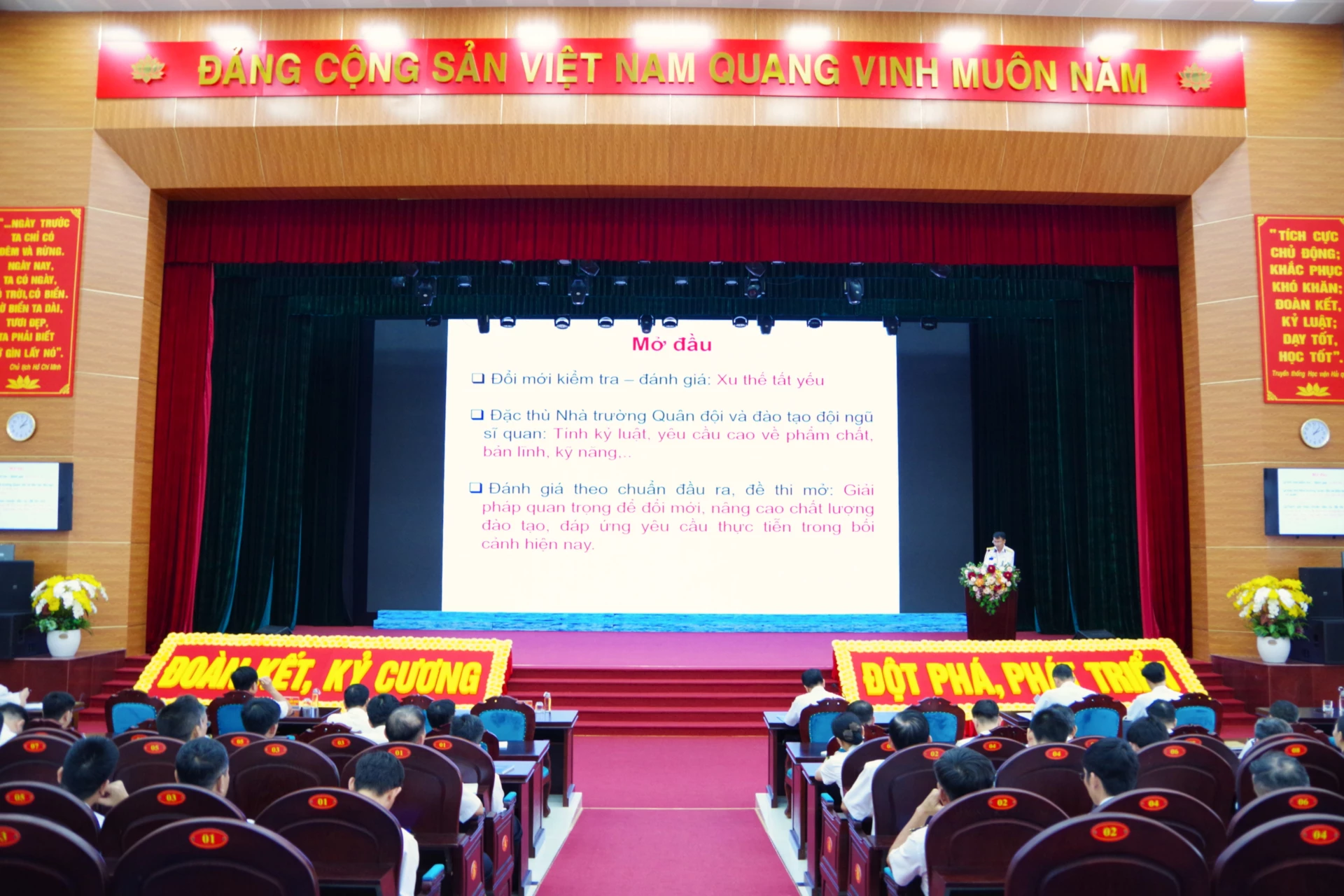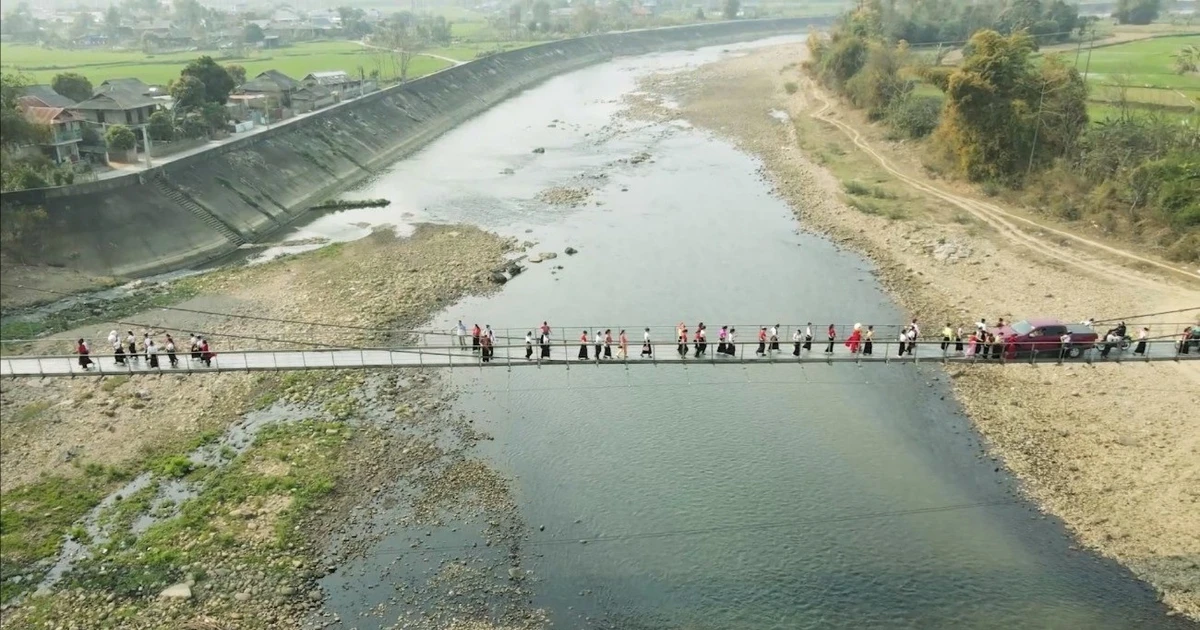Right in the first meeting on September 3, 1945, President Ho Chi Minh 's proposal to fight "ignorance" and "launch a campaign against illiteracy" was discussed and agreed upon by the Government as an urgent task.
Very soon after, a series of decrees on education were signed and issued: Decree 17-SL "established a universal education system throughout Vietnam"; Decree 19-SL stated "to establish evening universal education classes for farmers and workers"; Decree 20-SL required "while waiting for the establishment of compulsory primary education, learning the national language from now on is compulsory and free for everyone".
Deployed as a campaign, the Popular Education Movement quickly spread throughout the country, creating a miracle and becoming one of the golden pages of revolutionary education history. After only 5 years, from 95% of the population being illiterate, Vietnam had nearly 12.2 million literate people; 10 provinces with 80 districts, more than 1,400 communes and 7,200 villages were recognized as having eliminated illiteracy...
Today, the country is entering the digital age with new opportunities and challenges. The flow of globalization and the 4th industrial revolution puts us in front of a new concern - the lag in digital knowledge and skills.
At the end of 2024, during a meeting with representatives of teachers and education managers, based on the Popular Education movement with its rapid achievements in eliminating illiteracy, General Secretary To Lam requested to soon launch the implementation of the Digital Popular Education movement; creating a foundation for the Vietnamese revolution to enter a new stage of development, building a digital nation, digital economy , digital society, bringing the country into the era of national development.
Just four months later, Prime Minister Pham Minh Chinh officially launched the nationwide Digital Literacy Movement with the spirit of “all-people, comprehensive, inclusive, far-reaching, leaving no one behind”.
Inspired by, inheriting and promoting the historical lessons from the Popular Education Movement, the Digital Popular Education Movement strives to build a society that is not only rich in knowledge, but also rich in technological power, ready to integrate and develop. The spirit of "popular education" returns in a new form: Unlimited learning through digital platforms. However, the meaning of the movement does not stop at equipping tools and skills, but also arouses the spirit of lifelong learning and self-reliance that has created the strength of the nation.
Up to now, on the basis of the Digital Universal Education technology platform, a large number of people, pupils and students have been accessing digital skills universalization programs. Particularly in the education sector, with its leading role in universalizing digital knowledge, the digital competency framework for learners has been issued by the Ministry of Education and Training. The Ministry of Education and Training also has a specific plan, identifying 10 key tasks to implement Digital Universal Education...
Of course, the journey to achieve the goal of “eliminating the digital skills gap” is not easy. Challenges come from the difficulty of information technology infrastructure, especially in remote and isolated areas; many people have little opportunity to access and use digital technology due to limitations in equipment and basic knowledge; limitations in implementation resources, including funding, equipment, and human resources; barriers to awareness, etc.
Therefore, there is much work to be done, from the legal framework, policies, to implementation conditions. This includes telecommunications infrastructure, technology, creating conditions for all people to access digital technology and enjoy free education on cyberspace; developing content, learning materials, etc.
The most important thing is still the drastic and effective participation of the entire political system and all people, and the change in awareness to unanimously carry out a new "enlightenment" - where learning, practicing skills and digital knowledge become essential needs of each person.
Source: https://giaoducthoidai.vn/xoa-vung-trang-ky-nang-so-post744685.html























![[Photo] An Phu intersection project connecting Ho Chi Minh City-Long Thanh-Dau Giay expressway behind schedule](https://vstatic.vietnam.vn/vietnam/resource/IMAGE/2025/8/21/1ad80e9dd8944150bb72e6c49ecc7e08)





































![[Photo] Politburo works with the Standing Committee of Hanoi Party Committee and Ho Chi Minh City Party Committee](https://vstatic.vietnam.vn/vietnam/resource/IMAGE/2025/8/21/4f3460337a6045e7847d50d38704355d)

































Comment (0)